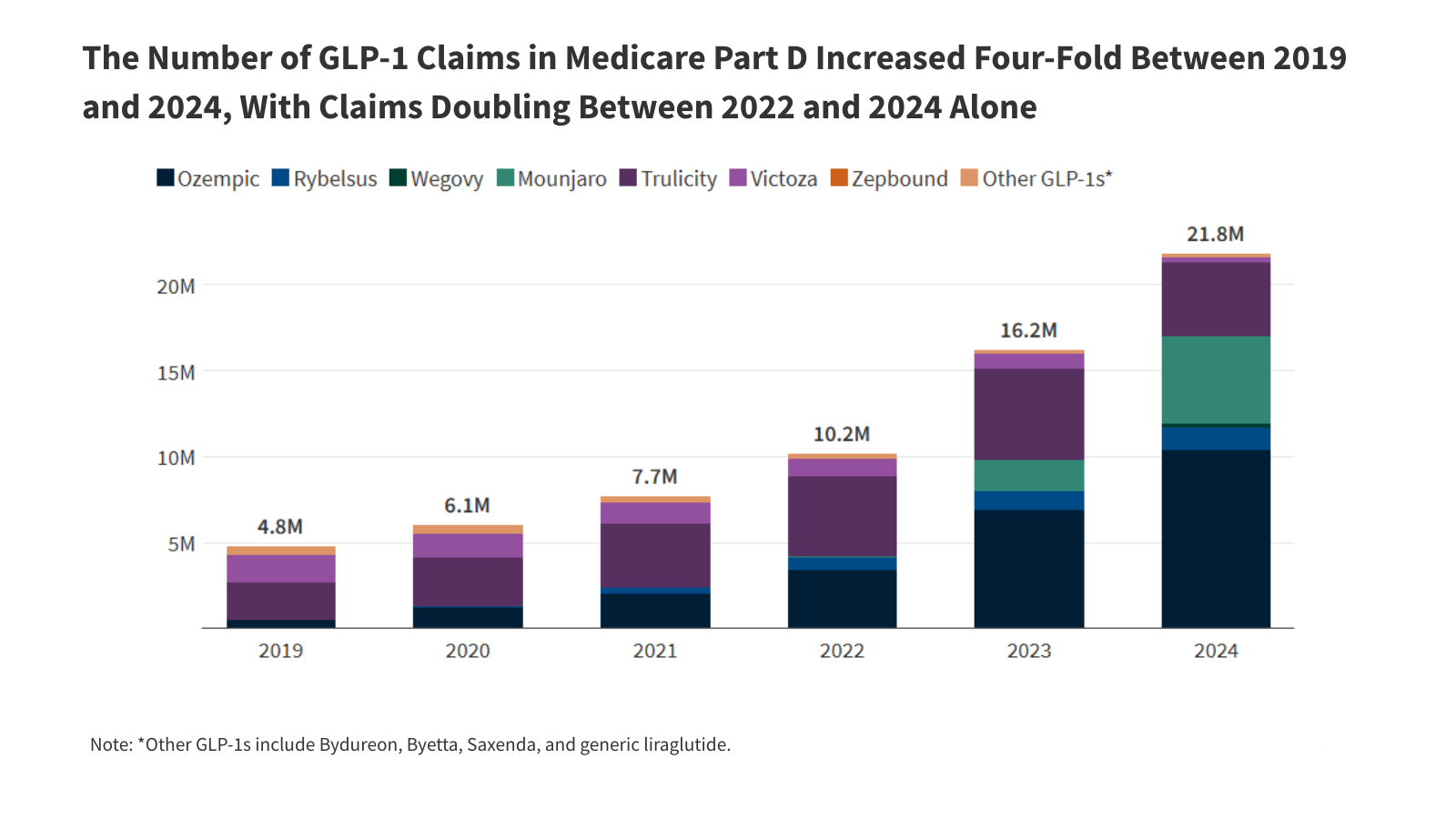There are a lot of hurdles to overcome when figuring out how to retire early — before 65. However, early retirement health care is one of the most fiscally challenging. Medical care is going to be expensive no matter when you retire, but the situation is more serious for those who retire early, by choice or otherwise.
Medicare isn’t available until age 65 and self-insurance in your 40s, 50s, and 60s can be prohibitively expensive. Never mind that you typically face more health challenges as you age and are therefore more likely to use health care.
How Much? Health Insurance Age 62 to 65 Average Cost
The average cost of health insurance for someone between the ages of 62 and 65 can vary significantly based on factors like location, health status, and the type of plan chosen.
Here is an approximation of average costs for various types of coverage:
- ACA Marketplace: $800 to $1,200 per month (without subsidies)
- Employer-Sponsored: $200 to $600 per month (if still employed)
- COBRA: $700 to $1,500 per month (depending on previous employer’s plan)
Can you afford early retirement healthcare and an early retirement?
Use the Boldin Retirement Planner to find out now if you can afford an early retirement and explore the following
9 Possibilities for How to Cover Early Retirement Health Care Costs
1. Go private
Private individual coverage may be your most expensive but most flexible insurance option. It is worth pricing this option and comparing it to other insurance.
2. Use the Affordable Care Act (ACA or Obamacare) for early retirement
Whether you love the program or hate it, the Affordable Care Act (ACA) had made early retirement health insurance costs much more attainable and affordable.
One of the ideas behind the ACA was that everyone could get insurance — preexisting conditions are not a factor. This is especially useful for people in their 50s and 60s — most of whom have had or are facing some kind of health issue.
The program also offers subsidies based on your household income. If possible, it may be worthwhile to keep income – specifically your Modified Adjusted Gross Income (MAGI) – low to minimize your insurance costs for an early retirement.
NOTE: Some retirees endeavor to live off of withdrawals from Roth or nonretirement brokerage accounts in order to minimize their MAGI and qualify for ACA subsidies.
Whether you qualify for subsidies or not, it is worth exploring your Obamacare health coverage options on healthcare.gov or get cost estimates from the Kaiser Family Foundation Health Insurance Marketplace Calculator.
3. Early retirement health insurance — Are you eligible for COBRA?
In certain circumstances, if you lose your job, you can still be eligible to benefit from your company’s group health plan for a limited period of time. “Using the Consolidated Omnibus Budget Reconciliation Act (COBRA), you can expect to be paying about 2% more than the full cost of health insurance on your old company’s plan,” says founder and CEO of Northwoods Financial Planning, Corey Purkat.
“It is going to be more expensive than if you were still employed at a company, but it will still be less expensive than paying for your health insurance on your own,” He says. “The only way someone wouldn’t be eligible for COBRA would be in situations where there was a very good reason a person was let go, such as a criminal investigation.”
Continuation coverage under COBRA is typically available for a relatively short period of time, typically 18 to 30 months.
4. Spousal benefits can enable insurance for an early retirement
An option that you may have if you are married is to use your spouse’s health insurance plan.
There are many cases where one spouse may be retiring early, but the other is still working full-time. This is a great situation because if you can cover the years before you turn 62 with your spouse’s insurance, it can save you a lot of money.
5. Use an HSA to Help Cover Costs
An HSA (Health Savings Account) is a powerful tool for early retirees to bridge the gap between retirement and Medicare eligibility at age 65. By contributing to an HSA while working, especially if you’re 55 or older and can make catch-up contributions, you can build up a tax-free reserve to cover healthcare expenses in early retirement. Contributions are tax-deductible, and the funds grow tax-free, providing a significant advantage for long-term savings.
Once you retire, you can use your HSA funds to pay for out-of-pocket medical expenses, such as deductibles, copays, prescriptions, and qualified expenses like dental or vision care. You can also use the HSA to pay for COBRA premiums or, if eligible, health insurance premiums while receiving unemployment benefits, helping manage healthcare costs without tapping into other retirement savings. Although HSA funds generally cannot be used for ACA marketplace premiums, they can still reduce your healthcare burden significantly by covering other medical expenses until you’re eligible for Medicare.
Learn more about the many benefits of an HSA.
6. Insure, But Also Take Good Care of Your Health
The biggest thing to remember about early retirement, though, is to stay active and healthy.
“The worst thing you can do in retirement is sit around the house all day,” says Purkat. “Be sure to exercise, stay involved in your community or even work a part-time job. These acts will all contribute to your overall health and wellbeing and can help keep your health care costs lower.”
Studies have shown that staying physically active can also help fight off the onset of Alzheimer’s, the most common neurodegenerative disorder. This underscores the danger of a sedentary lifestyle.
7. Get a Part-Time Job with Benefits
An increasingly popular option for getting medical benefits for early retirement is a part-time job.
You can retire but find a low-stress gig somewhere that offers health care as a benefit to both part- and full-time employees.
There are fewer and fewer national companies offering these types of benefits, but check out the following companies who do offer health care to their part-time help. To qualify, you’ll need to work for a probationary period and usually commit to at least 20 hours a week:
- Whole Foods (Must work 20 hours a week. Eligible after first 800 hours.)
- Costco (20 hours/week. Eligible after first 180 days.)
- Lowe’s (No minimum hours/week. Eligible within first 31 days of employment.)
- Starbucks (20 hours/week.)
- UPS (1 hour/week. Eligible after the first year of employment.)
- JP Morgan Chase (20 hours/week. Eligible after 90 days.)
8. Explore Health Care Sharing Programs
Health care Sharing Programs are a very new phenomenon. These programs are defined by a group of like-minded people banding together to help pay each other’s medical expenses.
The most well-known health care sharing programs are Christian-based and a belief in the Christian faith is required to participate. (These health sharing programs are able to be formed based on legal religious exemptions.)
Dr. Jim Dahle, the White Coat Investor, describes the programs like this: “One option that one of my partners has used (for early retirement coverage) is to use one of the Christian health sharing ministry kind of options. This isn’t really health insurance but it’s similar to it, in that you can use it to help decrease the burden of unexpected health care costs.”
“The real benefit is it’s dramatically cheaper. Now, it doesn’t cover some things that health insurance covers. So, there’s some risk there but his theory is, if you develop something that’s terrible or some chronic condition, within a few months, you’ll be able to go on the exchange and buy an Affordable Care Act eligible policy and kind of hedge [your] bets that way.”
Most troubling perhaps is that these programs are not classified as insurance and are under no legal obligation to pay medical claims.
Here are some of the more popular Christian health care sharing programs:
9. Have a Good Overall Retirement Plan
Covering your health costs whenever you retire — early or late — is important.
Having an overall plan for how to fund retirement is absolutely necessary.
A really good retirement plan defines how much money you have now and in the future and it describes how much you are spending now and in the future. The Boldin Retirement Planner is an easy-to-use tool that helps you figure this out. This tool was recently named a best retirement calculator by the American Association of Individual Investors (AAII).
Publisher: Source link









